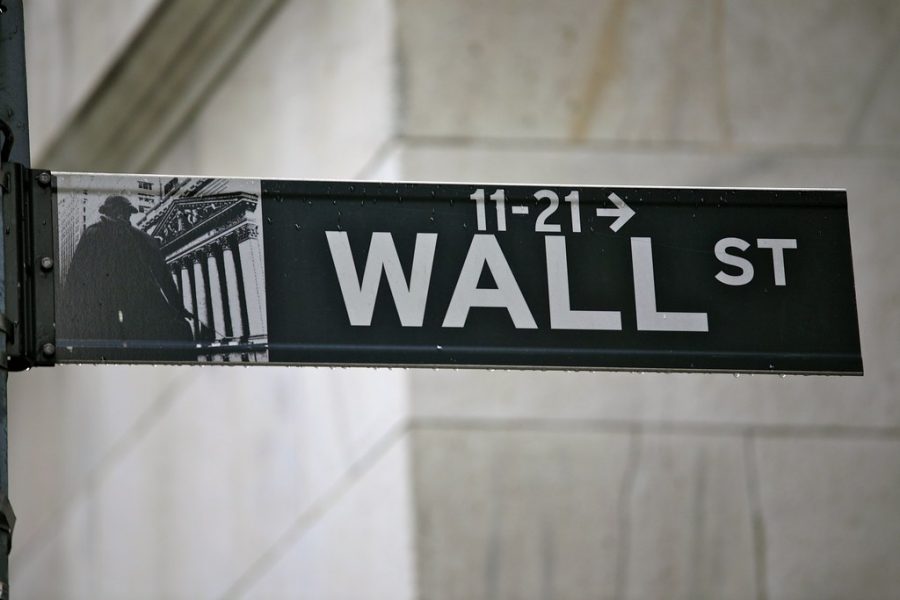Wall Street returns to business as usual while New York struggles with reopening
June 24, 2021
Gov. Andrew Cuomo announced last week that New Yorkers “can now return to life as we know it,” a promise that raised doubts.
With many businesses shut down and many more workers laid off, the city is a long way from returning to its former glory. As the rest of New York Cityscrambles to recover its losses, Wall Street has made it clear that it intends to continue with business as usual.
During the coronavirus pandemic, New York City saw an 11.8% decline in jobs, nearly three times the country’s average. The figure translates to around 670,000 city residents left unemployed.
When factoring in undocumented immigrants and other workers the government did not account for, that number rounds up to at least a million people.
“The city won’t start to bounce back until Broadway reopens,” according to a report from WABC- TVthat emphasized the importance of New York City ’s tourism industry.
In 2019, around 66 million tourists spent more than $45 billion in hotels, restaurants, shops and theaters. New York City officials now expect that it may take between three to five years before the tourism and hospitality industries in New York City begin to see those same earnings.
By the end of this year, 38 million tourists are expected to visit the city. While this number is nearly half of what New York welcomed in 2019, it is still a considerable increase since 2020.
Tourists will not have the same access to the wide variety of entertainment hotspots they once knew, but they could visit movie theaters, restaurants and other locations without being required to wear a mask or sit six feet apart.
As the number of tourists in New York City struggles to rise, many businesses turn to locals.
However, there are implications that come with the new lifestyle many New Yorkers have adapted that now need to be considered.
A restaurant simply reopening does not guarantee its pre-pandemic earnings. As long as workers continue to express their disapproval of returning in person , restaurants and other businesses in the hospitality industry can expect to see less foot traffic than they had hoped.
“Even if just 10% of Manhattan office workers begin working remotely most of the time, that translates into more than 100,000 people a day not picking up a coffee and bagel on their way to work or a drink afterward,” James Parrott, an economist at The New School Center for New York City Affairs, said.
Most establishments, however, will be relieved to hear that big banks on Wall Street are now requiring employees to return to their offices by Labor Day.
“If you can go to a restaurant in New York City, you can come into the office,” Morgan Stanley CEO James Gorman said. “If you want to get paid New York rates, you work in New York.”
Other banks have taken different approaches, such as offering free or reduced-priced meals as a “perk” to make being in office more appealing.
Despite the pressure from most banks, employees still insist that there are more benefits that come with working remotely, and there may be some truth to that claim.
Companies can increase employee productivity, lower organizational costs and reduce turnover by allowing employees to decide when and where they work, according to a study conducted by Prithwiraj Choudhury, an associate professor at Harvard Business School.
Regardless of resistance from employees and the number of studies that detail the benefits of working remotely, at its essence, banking is a face-to-face business. Million dollar deals cannot fall through as a result of an internet failure.
“You’re creating your own unlevel playing field if you are working from home while your
competition is out seeing clients face-to-face,” Mike Mayo, a banking analyst at Wells Fargo & Company said.
Those dreading their return to Wall Street will find solace in knowing that not all workers will be returning to their offices.
“We will have fewer people working on Wall Street at the end of next year,” Michael Nelson, a Managing Director of Quest Group LLC, said in November 2020. “Despite all their profitability from investment banking this year, they are super concerned about next year.”






